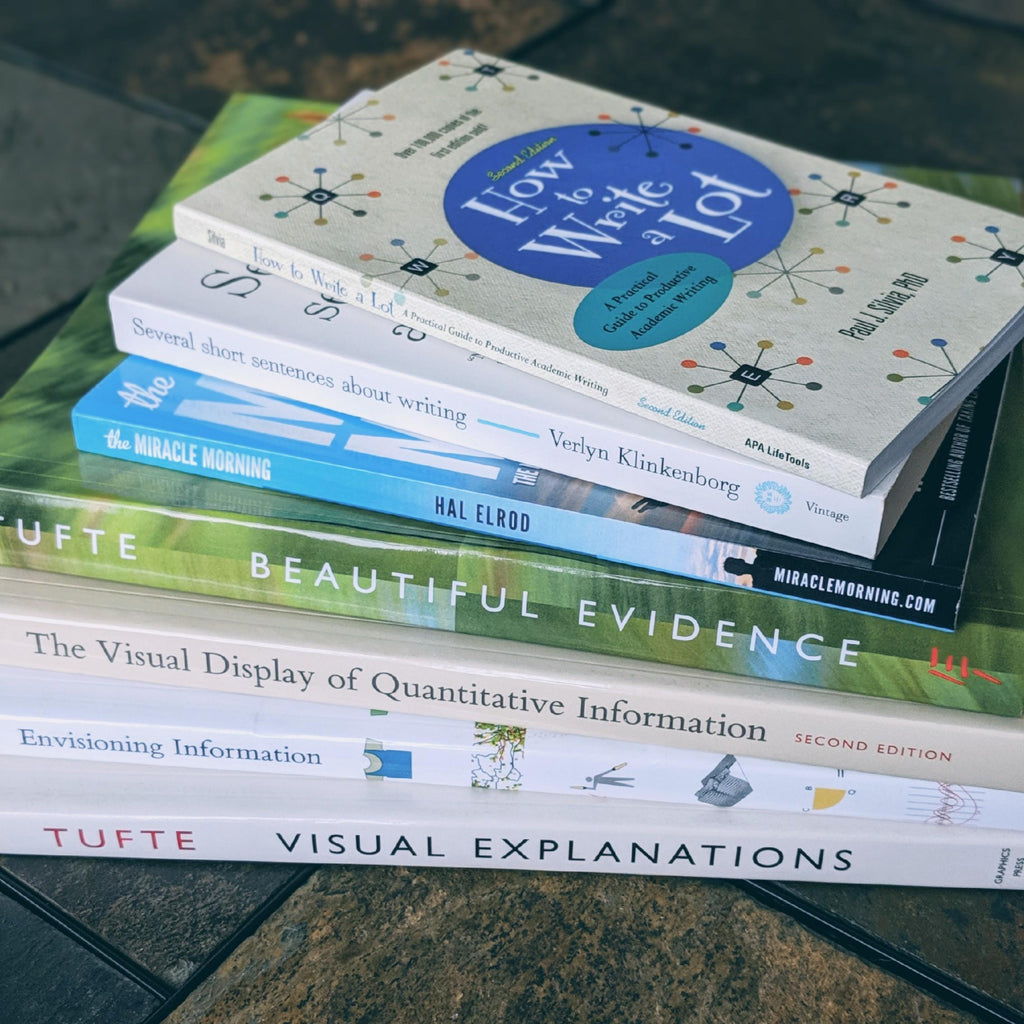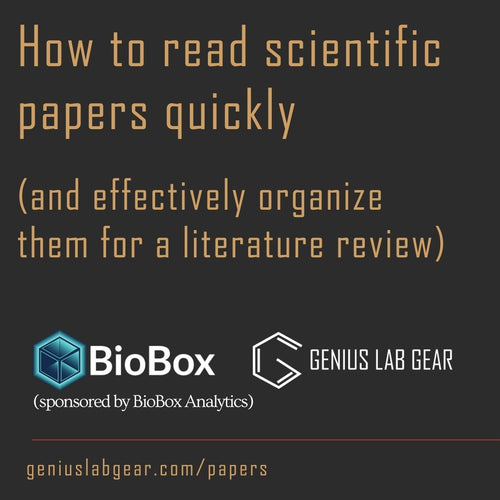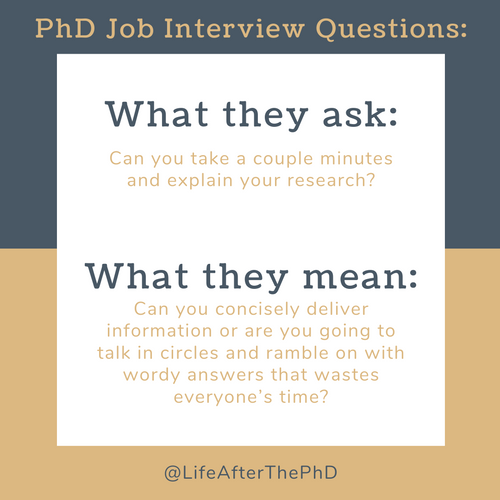Your Cart is Empty
Menu

11 books to help get you through grad school (in 2026)
11 min read

Many researchers and professors look back at their graduate school experience and think “What was I thinking?” They realize that if only they had known what they know now, they would have done higher quality research, published more papers, had better work and writing habits and freed up more personal time by increasing their focus while working.
I use the term “better grad student” with caution. What makes a human in grad school a “better” human? The surface-level answers are obvious:
- Get better grades
- Publish more papers
- Get published in better journals
- Make ground-breaking discoveries
What about being a better all-around human while in graduate school? Those goals above are not the only ones that matter. The books in the first section below address those obvious goals. The books in the second and third sections will improve your grad school experience by helping you:
- Stay more focused while working so you have more free time
- Draw boundaries between work and personal time
- Establish new habits for improving your mental-health
- Boost your mood and energy during your work day
Should you be reading for pleasure in graduate school?
Think you only have time to read text books in grad school? That’s what I thought too. You have more time than you think. Your future self will tell you so (trust me). The 5-15 hours and $8-$35 it will take you to read any of these books will pay itself back in time and earnings many-fold throughout your student life and in your first job offer after graduation. Invest in yourself and reap the benefits later.
Don’t set out to read all these books at once. Order 2-3 to start and read them in small doses. Take the day to think about the pages you just read and how they can apply to your life. After you see the changes manifest, come back and find a few other books to continue your journey to becoming your best self.
Follow the links below to have these books in your hands in a few days with Amazon. These are referral links, which means that purchasing these items through these links results in a small percentage of the sale helping to support this blog at no cost to you. We appreciate your support so we can continue putting out helpful content and reviews to help you find the best tools for your research!
*Reminder: Prices on Amazon fluctuate and there are new, used and eBook versions. Follow the links to check the most current prices.
Books to improve your academic writing skills and research output:
How to Write a Lot: A Practical Guide to Productive Academic Writing by Paul Silvia
This book won’t make you a better writer. It’ll make you a more prolific one. By focusing on good writing habits and drawing clear boundaries between writing time and personal time, you’ll start to turn the excruciating blank page process into a series of small measured successes.
The 2nd edition includes new sections for advice on grant writing and fellowship proposals, making it a favorite book of many post-docs and new faculty. He also deconstructs every excuse you could ever make for not writing, relying on binge-writing and otherwise procrastinating.
If you follow the advice in this book you should expect benefits to your mental health and work-life balance because you won’t always “feel like you should be writing.” Try it!

Bird by Bird by Anne Lamott
A bestselling classic about the writing process, writer’s block and the internal obstacles in the writer’s mind. Not specifically about graduate school or academia but is included in this list because it is so highly recommended in the writing community.
The title refers to a short story from her childhood about writing a paper about birds. Like the “How to write a lot” book above, this one encourages a steady and consistent process taking small tasks one at a time. You won’t find a lot of advice about how to write well in this book.
This is written for anyone who struggles with anxiety, perfectionism and paralysis when staring at the blank page and blinking cursor. It’s more of an introspection to ease your nerves with a few exercises to help you get started.

Several Short Sentences About Writing by Verlyn Klinkenborg
A unique book that can help snap you out of typical academic writing mode “…thus the present findings elucidate a novel method for exploring the behavior and interactions of…”
Almost poetic. Almost rhythmic. Straight to the point. The author explains in free form the fallacies and illusions of forming sentences and getting them onto the page. This will force you to re-think your mental process resulting in better sentences and better papers.
The end of the book covers examples of common sentences and calls out the superfluous wording, re-writing it with only the essentials.
Ever had trouble fitting a personal statement into two pages or a proposal into six pages? This is the book for concise and punchy writing. When you can convey more information than your competition, you gain the edge.

Writing Your Dissertation in Fifteen Minutes a Day: A Guide to Starting, Revising, and Finishing Your Doctoral Thesis by Joan Bolker
If you’re lacking motivation, struggling to get started every day or are completely overwhelmed by the massive task at hand, give this book a look. It doesn’t offer any real advice on the details of a dissertation but instead aims to instill confidence in the reader. The author guides you through setting daily page goals, storing ideas and getting something…anything down on the page each day. Essentially a personal confidence coach for writing, applicable to more than just a dissertation.
The Scientist's Guide to Writing: How to Write More Easily and Effectively throughout Your Scientific Career by Stephen B. Heard
A little-known but well-reviewed book on how to improve your science writing. This one also discusses the writing process but with a focus on structuring the story of your paper to clearly convey your experiments, results and conclusions. He often takes a whimsical tone that makes it a fun read. The author breaks down the structure of a scientific paper and the functions of each part. He also dives into the details on submitting, revising and coauthoring scientific papers. This is perhaps the most detailed guide to scientific writing in this list and the advice is reinforced with specific examples.
If you’ve ever written a critical literature review, you probably identified a handful of authors whose papers were just more enjoyable to read. This book can help you become that author. This book also makes for a great gift for a grad student about to dive into first-author writing.
Writing Science: How to Write Papers That Get Cited and Proposals That Get Funded by Joshua Schimel
Great technical writing tells a story. If you’re wondering how experiments and data can be framed as a story, then this book is a must-read for you. This is one of the best books for writing fellowship proposals, research proposals and research grants. Dr. Schimel comes from a biology background but his experience on major government funding agency panels has given him the insight to know what gets funded.
I thoroughly enjoyed the way the author breaks down classical story structure and relates it to the segments of a strong research proposal. Don’t skip the exercises; they are the most valuable part of this book. He’s exceptionally good at exploring these ideas at all levels, from the macro to the micro, and I came away with a much clearer picture of how to write a cohesive and multi-level proposal.
It’s an easy weekend read that you should approach with a highlighter a notepad ready. If this one book helps you land even one grant, it will be paying itself back roughly 1000-fold.
The Literature Review: Six Steps to Success by Lawrence Machi
I took a chance on this book before writing my literature review for qualifiers. We eventually published the review to a major journal in my field and it’s gained over 600 citations in the first 4 years! There’s definitely some great advice in here that helped guide me toward writing a well-received paper.
Starting your literature review is the hardest part. It feels like a daunting task without a clear path to success. This book helps break down each step in the process into achievable goals supplemented by strategies for efficiently and effectively approaching each one. The few hours spent reading this book will be paid back to you in saving time researching and writing later. It will help save your sanity and reduce anxiety approaching your first literature review.
I recommend this book specifically for graduate students in their first two years of a Masters’ or PhD. It can easily be read in an afternoon but should be used as a reference throughout the process!
Books to more clearly convey your research data to the reader
These three books below by Edward R. Tufte completely revolutionized my approach to creating graphs, figures and tables in both journal articles and conference presentations. I attended one of his full-day seminar courses around the country where Dr. Tufte works through the failures of that status quo in data presentation and showed gorgeous and enlightening examples of how good it can be.
I strongly believe this book series is the key reason why some of my journal articles have been so highly cited. Authors tend to cite papers that clearly convey a point and are more likely to reproduce figures that can stand on their own without wordy descriptions. See for yourself the difference these can make in your research career!
Beautiful Evidence by Edward R. Tufte
This book highlights innovative examples of data visualization spanning hand-drawn 17th century charts to computer-generated “big data” presentation that will open your mind to forms of data visualization outside of your standard color-coded X-Y plots. The author also details strategies for identifying cherry-picked data and being a keen observer fraudulent data presentation.
This book is also the best gift for graduate students and post-docs on this list, making for a perfect coffee table book after fully reading through it.
Envisioning Information by Edward R. Tufte
This book walks the reader through a huge range of first-class graphical data representations and shows how each is well-suited to presenting the data at hand. Dr. Tufte makes you think about how different data types are structured and how those structures can guide you to the best methods of presentation.
The data visualization here is often layered so that your first glance gets the main point across but a closer examination unveils rich multi-dimensional data by cleverly using colors, shapes, sizes and alignments of objects and axes. These are the skills that create an ultimate, self-supporting figure for a journal cover or a winning poster that will hang for years on the walls of your institution without needing you there to explain it.
The Visual Display of Quantitative Information by Edward R. Tufte
A timeless classic on data visualization that dives into the nitty gritty of optimizing your charts and figures. Tufte contrasts excellent charts with horrendous ones to point out bad habits that you may not know you have. He teaches you about efficient design and layout of plots, from the ratio of ink that makes up your data to how one should effectively use tick marks on the axes or box plots around your data groupings.
This book may at first seem outdated, but the principles inside do not change. If you want to truly master the art of effective data visualization, this book can’t be skipped over.
Books to increase your productivity and focus in grad school:
The Miracle Morning
I’m not exaggerating when I say this book thoroughly changed my life. I reached a point where I was physically and mentally exhausted halfway through each work day and realized I was not cognitively performing at the level I needed to be successful. Within a few days of implementing this, I felt a noticeable change in my energy, mood and motivation each day at work. I only wish I had picked it up in graduate school. My research output probably would have doubled simply from the changes to my mood.
The premise is fairly simple. Hal Elrod was recovering from a near-fatal car accident that left him physically and mentally impaired. He took the six most popular morning routine practices (exercise, reading, journaling, visualization, affirmations and meditation) and started doing all of them every single morning before starting work or any other responsibilities. Over time, he refined the timing and intentions around each practice and started sharing it with friends. It eventually exploded by word-of-mouth and he decided to write this book to share the technique with the world.
Yes, you’ll have to wake up a little earlier. Ideally you set aside one hour to do all six practices but with practice you can get most of the beneficial effects in less than 15 minutes. The book isn’t completely necessary to implement this – you can read enough about it online. But by all accounts, you’ll have a much higher chance of follow-through if you purchase and read the book as I did.
I started the practice a few months ago and used my “reading” time to read this book a few pages per day. Starting each morning with this book was essential to helping me refine the other five following practices and approach them with intention for maximum benefit.
Most days I squeeze in all six practices. Some days it’s only four and on some weekends only one or two. The key is to keep trying and don’t miss on two days in a row. The extra time spent in the morning comes back to me in productivity and focus throughout the day.
I can’t recommend this book enough for anyone whose workday is self-driven and self-structured like a typical grad student research life. Read it sooner rather than later and witness the profound effects it can have on every aspect of your life!
The Bullet Journal Method: Track the Past, Order the Present, Design the Future by Ryder Carroll
Have you heard of Bullet Journaling? It’s a method invented by Ryder Carroll to design your life and live intentionally that in a few short years has spawned a global movement and thriving community. It helps cut through the unnecessary “busy” tasks to focus on what matters. The technique can be done in any standard notebook but involves quite a bit of symbols and shorthand one must learn to truly gain the full benefit.
This book is the comprehensive how-to guide recently written by Ryder. For added effect, he includes how this method can help to de-clutter your life and bring you greater peace of mind. If you’re a “BuJo” newbie, this book will take you from novice to professional in a few weeks of practice.
The technique can have a profound effect on productivity and design of your research tasks to cut through to results you really need. Research has so many moving parts from experiments to data analysis to writing and publishing that this method is incredibly well-suited to keep track of. You might want to pair the book with this symbol stencil and journal bookmark if you’re not already familiar with the technique.
Fun reads for any scientist or engineer:
Skunk Works: A Personal Memoir of My Years at Lockheed by Ben Rich
A popular and highly-rated classic about the top secret “Skunk Works” engineering projects at Lockheed Martin that helped win the Cold War, written by the head of the division for two decades. It covers the pinnacle of high-pressure, high-stakes ultra-secretive engineering projects and the technological game of chess that the USA was playing with the Soviet Union in the 1970’s and 1980’s. It includes anecdotes and testimonials from high-ranking government officials and pilots on revolutionary projects like the SR-71 Blackbird, F-116 Stealth Fighter and U-2 spy plane.
This book is an enjoyable and inspiring read for any grad student who has a true passion for problem solving and cutting-edge technology. The reader will also take away valuable lessons for managing technical projects and teams of scientists and engineers to achieve nearly impossible goals.
The Martian by Andy Weir
This is our all-time favorite book that any scientist or engineer will enjoy reading. For such a technical book, it’s got an incredible plot yet isn’t overly dramatized (except a little at the end). No other fiction book has captured this much popularity while running through exact calculations, estimations and scientific principles just to keep someone alive. You’ll be rooting for Mark Watney and inspired by the idea that your technical knowledge could one day save your life.
Looking for gift ideas for a grad student or researcher?
We've further curated several collections of our own inventions depending on the type of researcher you're looking for. See these more niche collections below for more ideas!
9 Unique Gift Ideas for Scientists
Gifts for Professors and Grad School PIs
Unique Gifts for Graduate and PhD Students
Also in Life after the PhD - Finishing grad school and what's on the other side

How to read scientific papers quickly (and effectively organize them for a literature review)
10 min read
It can seem like an impossible task: tediously reading dry academic research articles, following citations in never-ending circles to somehow come away with a structured literature review of the field. Two papers down and you’re already falling asleep. It’s a deeply unsettling feeling of hopelessness that I once felt as well. Here's what I did to overcome it.

8 PhD Job Interview Questions: What They Ask vs. What They Mean
3 min read
Interview questions aren't always what they seem. Outsmart the interviewer by studying this list of common questions that are meant to answer a question that isn't directly asked.

27 ILLEGAL Interview Questions to Know Before Your PhD Job Interview
5 min read
This list gives 27 common questions that interviewers should know are illegal to ask. We want you to know which questions are illegal so you can handle them appropriately.
Author
Derek Miller, Ph.D.,
Materials Scientist and founder of Genius Lab Gear
Recent Articles
- 11 books to help get you through grad school (in 2026)
- How to read scientific papers quickly (and effectively organize them for a literature review)
- 8 PhD Job Interview Questions: What They Ask vs. What They Mean
- 27 ILLEGAL Interview Questions to Know Before Your PhD Job Interview
- How I negotiated for an extra week (and a half!) of vacation at my first post-PhD research job
- How to kill it at your next conference
- Why I left academia in search of self-development
- Common pitfalls of PhD thesis writing and 17 tips to avoid them
STEM Gift Lists
Stay up to date
Drop your email to receive new product launches, subscriber-only discounts and helpful new STEM resources.
Carbon-neutral shipping on all orders
Subscribe
Sign up to get the latest on sales, new releases and more …

































